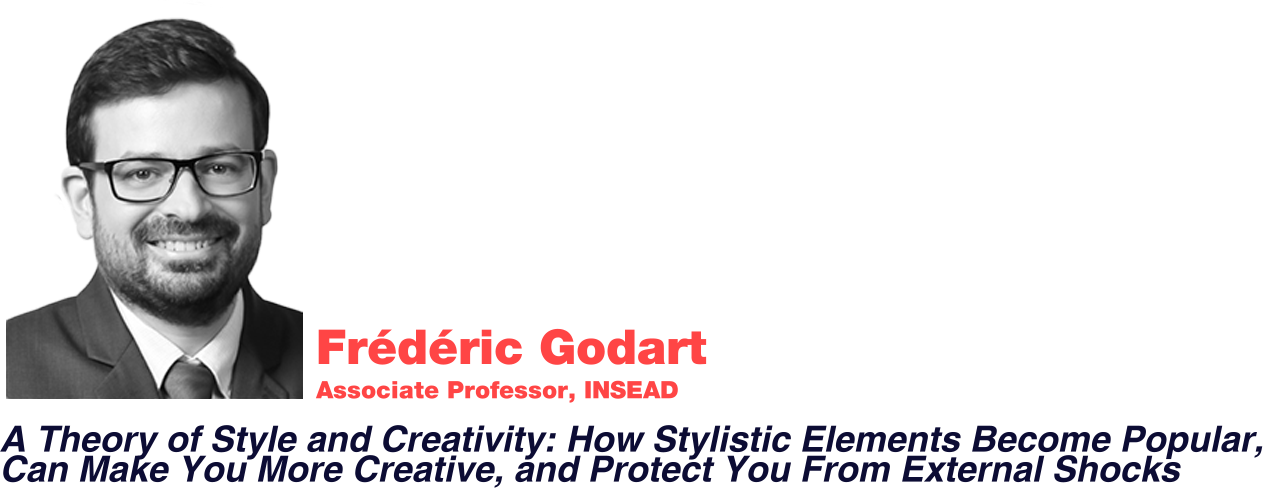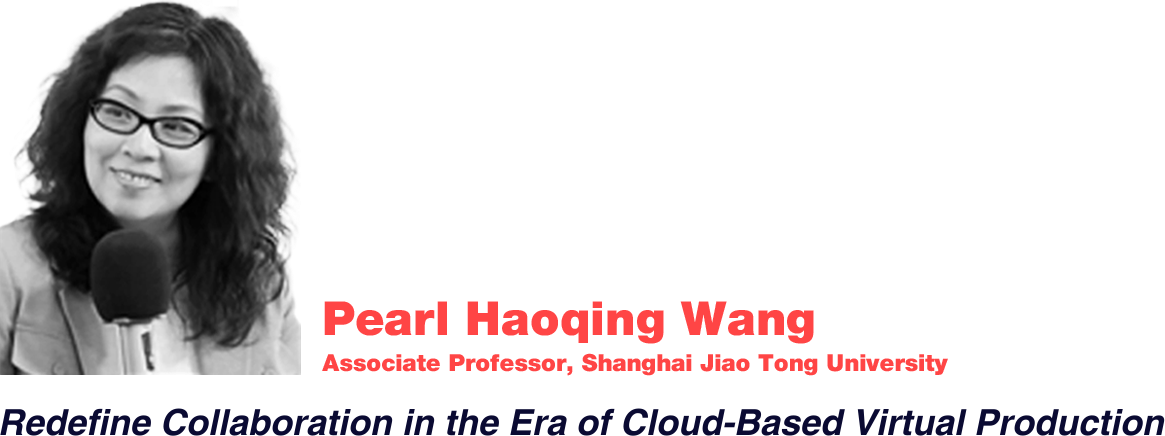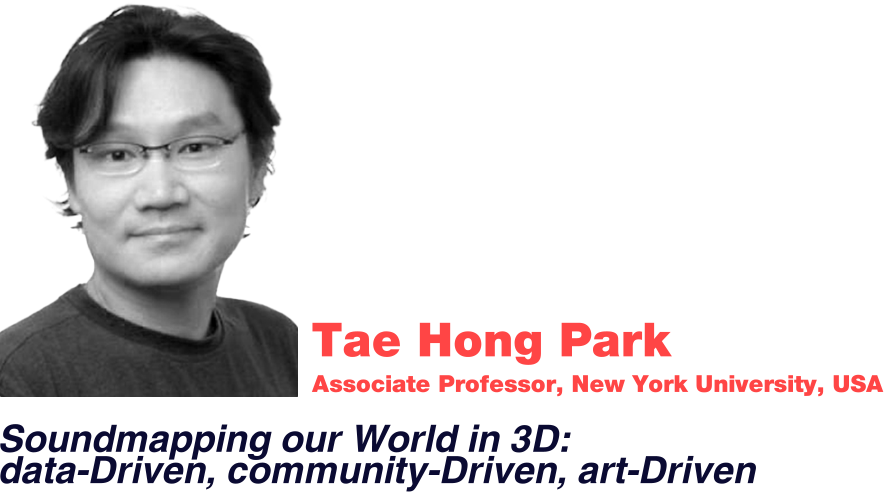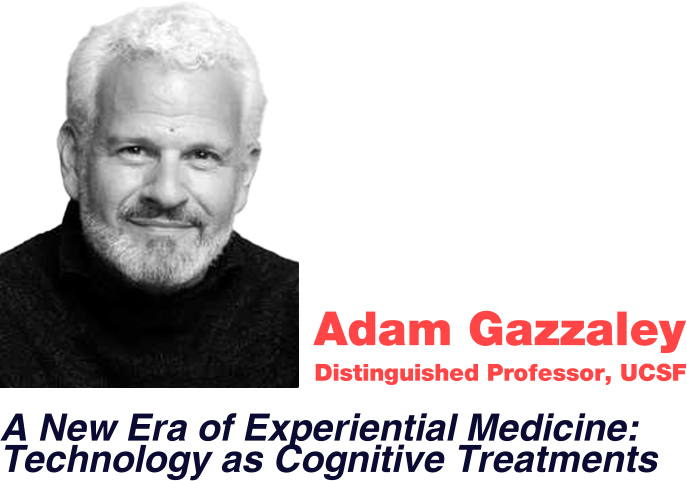
How do styles become popular and thrive? Why do some of them become references for creative producers globally while others fall into oblivion? I advance a theory of style that accounts not only for their intrinsic features, but also for their connections with other styles. Their popularity is thus to be found in the network structures that surrounds them. In that sense, networks (i.e., connections) are not just among people, but also among styles, and beyond them ideas, concepts, or words. In addition, can some styles make use more creative than others in the eyes of audiences that examine our work? Once again, the answer is to be found in networks and some styles may prove to be more supportive of creativity than others and even protect us more from external shocks when needed.
Frédéric Godart received his PhD from Columbia University in the City of New York. He also holds an MPhil in Social and Political Sciences from the University of Cambridge (Trinity College) in the United Kingdom, an MSc in Management from Sciences Po Paris, and was a fellow of the École Normale Supérieure in France. For three years, he was a consultant at McKinsey & Company in Belgium.
Professor Godart teaches various classes in the INSEAD MBA programme (Organizational Behavior, Value Creation in Luxury & Fashion) and has an extensive experience teaching in executive education. His teaching focuses on informal networks, leadership, power & politics, creativity, and on the management of change in organizations. He also teaches advanced PhD seminars (Organizational Sociology, Introduction to Organization Theory, Social Network Analysis). In executive education, he is particularly interested in the development of high-potential executives.
He was the Academic Director of the HEC Paris luxury certificate, sponsored by Kering (owner of Gucci, Balenciaga, Saint Laurent...) At HEC Paris he taught Leadership and Strategic Talent Management in the EMBA program and Leading Organizations in the Grande Ecole MIM.
His research explores social networks and creativity. He focuses on the creative industries (e.g., arts, design, modeling, watchmaking, footwear). He covers the impact of formal and informal social networks on creativity, as well as the role played by stylistic choices and brand dynamics in the formation of firms and customers’ identities. As a recognition of his research, he has received several prestigious awards such as the Academy of Management Organizational Behavior Division’s 2012 Best Paper Award and the Academy of Management Conflict Management Division’s 2017 Best Paper Award – New Directions.
He has published his research in a wide range of leading academic peer reviewed journals such as Organization Science, the Academy of Management Journal, the Strategic Management Journal, Harvard Business Review, the Annual Review of Sociology, and Social Forces, and in several edited books.
Professor Godart teaches various classes in the INSEAD MBA programme (Organizational Behavior, Value Creation in Luxury & Fashion) and has an extensive experience teaching in executive education. His teaching focuses on informal networks, leadership, power & politics, creativity, and on the management of change in organizations. He also teaches advanced PhD seminars (Organizational Sociology, Introduction to Organization Theory, Social Network Analysis). In executive education, he is particularly interested in the development of high-potential executives.
He was the Academic Director of the HEC Paris luxury certificate, sponsored by Kering (owner of Gucci, Balenciaga, Saint Laurent...) At HEC Paris he taught Leadership and Strategic Talent Management in the EMBA program and Leading Organizations in the Grande Ecole MIM.
His research explores social networks and creativity. He focuses on the creative industries (e.g., arts, design, modeling, watchmaking, footwear). He covers the impact of formal and informal social networks on creativity, as well as the role played by stylistic choices and brand dynamics in the formation of firms and customers’ identities. As a recognition of his research, he has received several prestigious awards such as the Academy of Management Organizational Behavior Division’s 2012 Best Paper Award and the Academy of Management Conflict Management Division’s 2017 Best Paper Award – New Directions.
He has published his research in a wide range of leading academic peer reviewed journals such as Organization Science, the Academy of Management Journal, the Strategic Management Journal, Harvard Business Review, the Annual Review of Sociology, and Social Forces, and in several edited books.

Technically, virtual production (VP) redefines the production process of film, television and media production by blurring the lines between production departments. Economically, virtual production redefines the costs structure by reducing the production length through real-time editing and decreasing the logistical challenges of bringing crews on set. In post pandemic time, the trend of VP will continue to be more widespread with the adoption of cloud-based post-production tools and will redefine the workflow management solutions. In post pandemic time, the most trending significance of VP is to redefine "collaboration" with the emergence of virtual production capabilities, the adoption of cloud-based post-production tools, and the reliance on remote workflow management solutions. The lecture will discuss the new concept and future practice of "collaboration" among media contents production industry not only domestically but also internationally.

Starting as a TV journalist and TV program director, Dr. Wang had rich experiences of traditional media production and management. As founding Chief Editor of a national IT trade media for 5 years, Dr. Wang led her team witness the growth of Internet and information technology industry and the development of digital city in China. In 2010 World Expo Shanghai, she served as Creative Director and Spokesperson for Shanghai Pavilion, and in 2015 she was the Vice Secretary General and Chief Exhibition Planner of Chinese Corporates United Pavilion. During the year 2011 to 2014 of her visiting fellowship in Harvard Kennedy School, Dr. Wang integrated her knowledge of creative technology with the research interest of city cultural planning and started to offer consulting service for various city government in China. After joining ICCI of Shanghai Jiao Tong University since 2016, Dr. Pearl Wang began to focus on virtual contents production and started to teach courses 'VR creative and production' and 'Virtual Contents Creative and Applications'. As an exhibition curator, she has been active in organizing public exhibitions to promote the public education of creative technology. She is China PI of UK-China AHRC co research projects 'Immersive Innovative and Interactive Experiences' (IIIE) in 2019 and 'Cloud-based Virtual Film Production' in 2021. Also, Dr. Wang served as city level entrepreneurship mentor in Shanghai especially in cultural and creative industry and published books about understanding Chinese entrepreneurship.


In this talk, we explore digital soundscape cartography through the lens of data-driven, community-driven and art-driven paradigms. In the case of data-driven module, we argue for a Big Data soundscape science approach where “more is better” with emphasis on visualization, automatic classification, and the modern noise pollution phenomenon that ubiquitously impact megacities worldwide. The community-driven module also plays a key role in the proposed “3D” soundmapping approach, where we discuss a socio-technical model that makes rapid sensor network scaling and edge computing practicable. The final module of the 3D approach focuses on awareness through the power of music and art and embracing the adage “universal language of humankind.”

Born in Vienna, Austria and spending his pre-college developmental periods in Europe, Africa, and Southeast Asia, Tae Hong Park went on to earn B.Eng., M.A., M.F.A., and Ph.D. degrees from Korea University, Dartmouth College, and Princeton University. His interests include electro-acoustic music composition; computer-aided music analytics; real-time noise sensor networks; and human-computer interaction resulting in approximately 100 research publications and patents. Park is chief architect of Citygram – a comprehensive, scalable, "smart" soundmapping system. He serves as CTO of GetNoisy, serves as VP for Preservation for the International Computer Music Association, and currently is an Associate Professor at New York University. His music has been performed around the world including Austria, Brazil, Canada, France, Germany, South Korea, Sweden, UK, and the United States; in venues, conferences and festivals including Carnegie Hall, ICMC, MATA, and SEAMUS.
A fundamental challenge of our global healthcare system is the development and distribution of effective treatments to enhance cognition in those suffering from diverse psychiatric and neurological conditions. Dr. Gazzaley will describe the use of custom-designed, closed-loop video games to achieve cognitive benefits in both healthy individuals (Nature 2013; Nature Human Behavior 2019) and patients (Lancet 2020). This approach has now yielded the first FDA-cleared digital treatment for ADHD, and the first video game cleared by the FDA as a medical device for any clinical condition. He will share with you the next stage of his research program, which integrates digitally-delivered interactive experiences with the innovations in machine learning, virtual reality, physiological recordings and non-invasive electrical brain stimulation to enhance cognition.
Adam Gazzaley, M.D., Ph.D. is the David Dolby Distinguished Professor of Neurology, Physiology and Psychiatry at UC San Francisco and the Founder & Executive Director of Neuroscape, a translational neuroscience center engaged in technology creation and scientific research of novel brain assessment and optimization approaches. Dr. Gazzaley is also co-founder and Chief Science Advisor of Akili Interactive, a company developing therapeutic video games [On Fast Company’s 2022 list of the World’s Most Innovative Companies] and JAZZ Venture Partners, a venture capital firm investing in experiential technology to improve human performance. He has been a scientific advisor for over a dozen companies including Apple, GE, Nielsen, Deloitte, Janssen, and PepsiCo. He has filed multiple patents - notably his invention of the first video game cleared by the FDA, authored over 160 scientific articles and delivered over 700 invited presentations around the world. He wrote and hosted the nationally televised PBS special “The Distracted Mind with Dr. Adam Gazzaley”, and co-authored the 2016 MIT Press book “The Distracted Mind: Ancient Brains in a High-Tech World”, winner of the 2017 PROSE Award. Dr. Gazzaley is the recipient of the 2015 SfN Science Educator Award, 2020 Global Gaming Citizen Honor and named in Newsweek's 2021 Inaugural list of America’s Greatest Disruptors. He is a Board of Trustee and Science Council Member and Fellow of the California Academy of Sciences.

